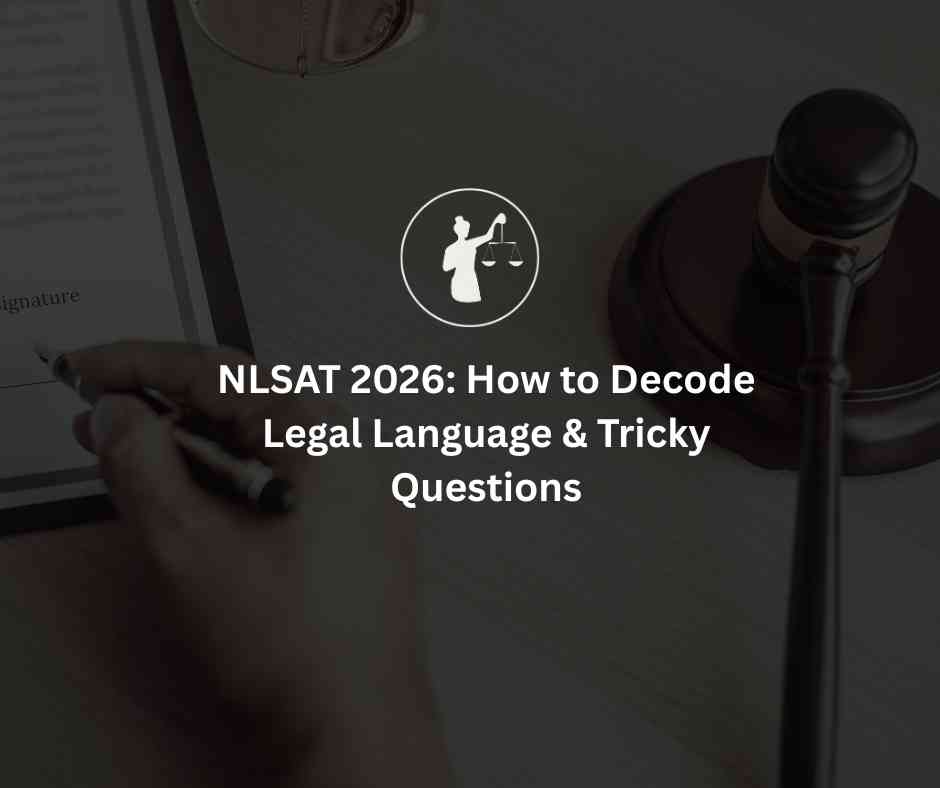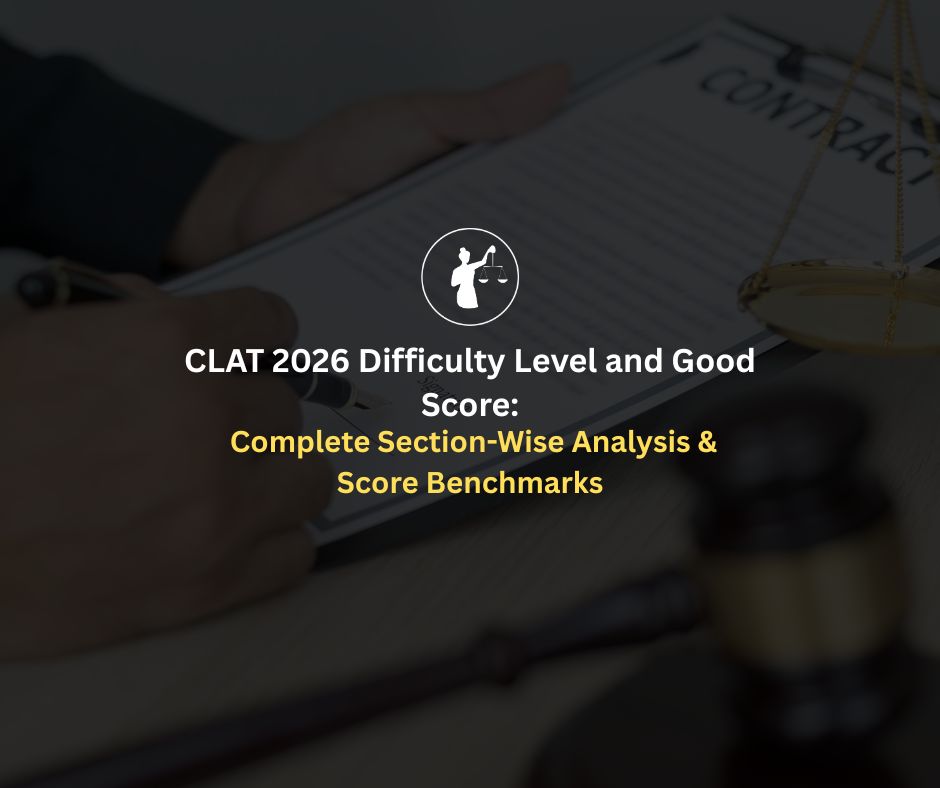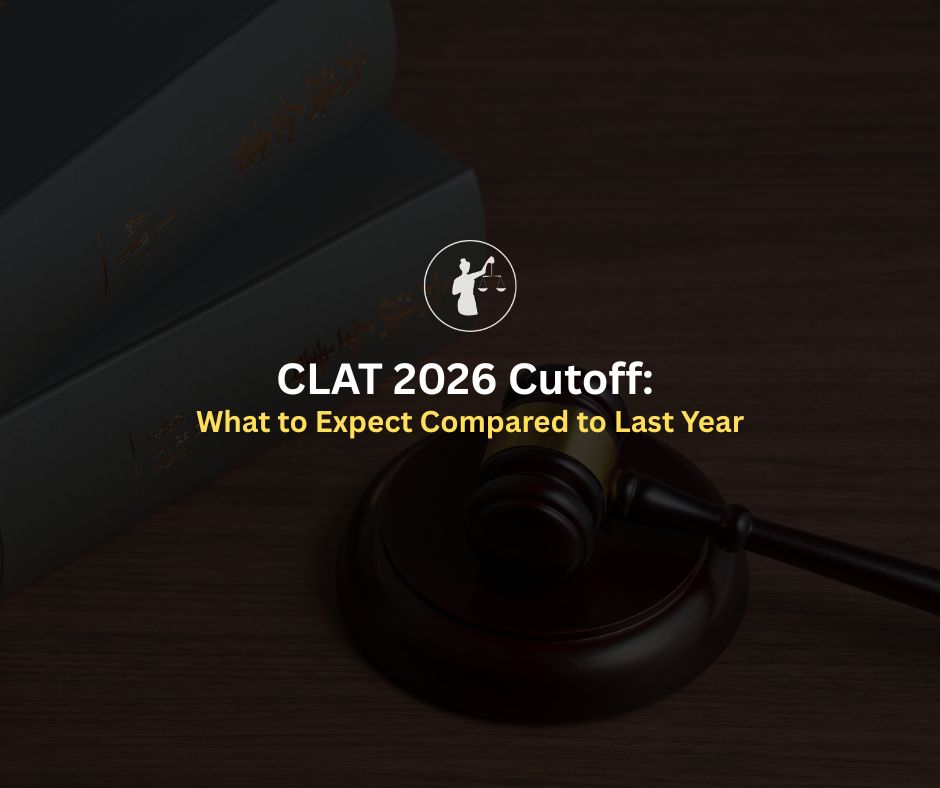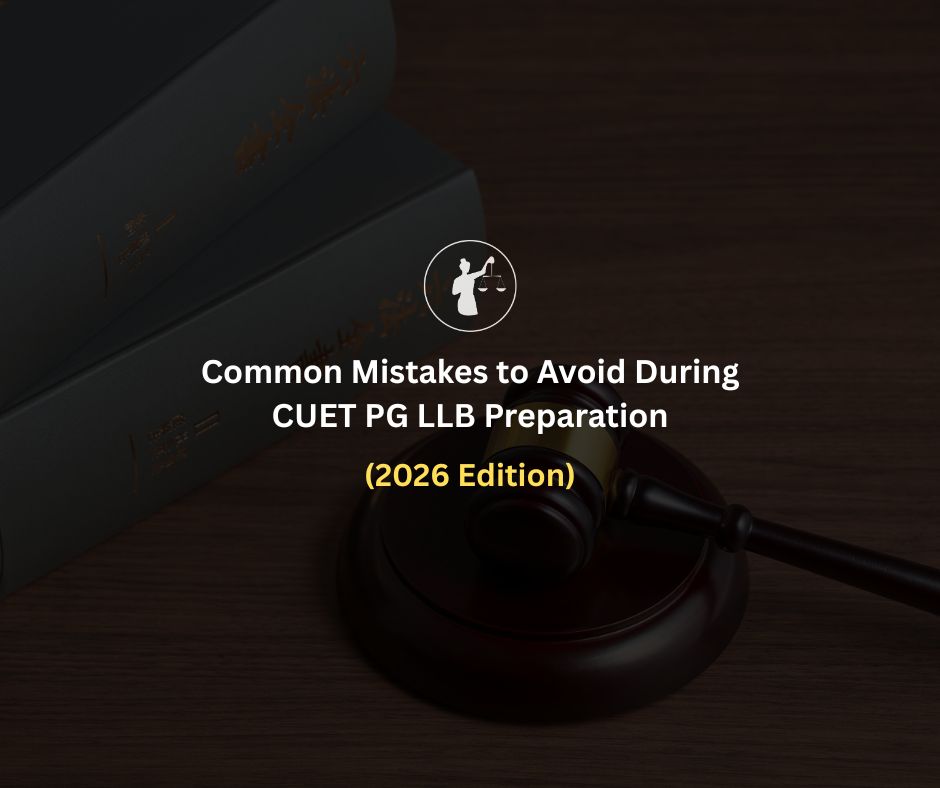
The National Law School Admission Test (NLSAT) is one of the most challenging law entrance exams in India, particularly because of its legal reasoning and language-based questions. Unlike objective tests that only check memory, the NLSAT is designed to evaluate whether aspirants can think like a lawyer. To excel, candidates must master legal comprehension, analytical reasoning, and the ability to decode complex passages. This guide provides NLSAT 2026 tips to approach legal reasoning questions effectively and deal with the tricky, layered language that often confuses test-takers.
Check Out NLSAT Online Coaching and Mentoring
Legal language is deliberately different from ordinary English. It is precise, technical, and often packed with long sentences containing multiple clauses. The NLSAT 2026 legal reasoning section tests your ability to read and apply this language in real-world scenarios.
Complex sentence structures – legal rules are framed with multiple conditions.
Unfamiliar terminology – terms like “reasonable person,” “vitiated consent,” or “consideration” have specific meanings.
Ambiguity – some questions are intentionally open to multiple interpretations to test reasoning.
Application over memory – you are not expected to recall laws, but to apply rules provided in the passage to a new fact situation.
Understanding these hurdles is the first step toward applying the right NLSAT 2026 tips for better performance.
Read More : Beginner’s Guide to NLSAT 2026 Preparation : Step-by-Step Strategy
The NLSAT 2026 legal reasoning section is less about prior legal knowledge and more about structured problem-solving. Here are key strategies:
1. Read the Passage Like a Lawyer
Break long sentences into smaller parts.
Identify the main rule, exceptions, and illustrations.
Watch out for connectors like “unless,” “provided that,” “notwithstanding”,
as they often flip the meaning.
2. Apply Rules to Facts Step by Step
Don’t rely on assumptions or real-world notions of fairness.
Apply only the rule given in the passage to the fact situation.
Treat it like a logical puzzle rather than a debate.
3. Manage Time Effectively
Spend the first few minutes scanning the entire passage.
Allocate fixed time for each set to avoid spending too long on one tricky question.
Use elimination when unsure.
4. Stay Calm with Ambiguity
Legal language is designed to feel overwhelming.
Instead of panicking, fall back on the text: “What exactly does the passage say?”
Precision beats over-interpretation.
These NLSAT 2026 tips directly strengthen your ability to decode legal language and tackle challenging questions without second-guessing yourself.
Passage Excerpt:
"A contract entered into by a minor is void, unless the minor misrepresented their age and the other party had no reasonable means of knowing the truth."
Question:
Rahul, aged 16, buys a car after showing a forged ID stating he is 19. The seller had no way to verify his real age. Is the contract valid?
Analysis Using NLSAT 2026 Tips:
Rule: Contracts by minors = void.
Exception: If misrepresentation + seller unaware, contract = valid.
Application: Rahul lied, seller had no way to know → exception applies → contract valid.
This simple exercise illustrates how NLSAT 2026 legal reasoning rewards careful reading over outside knowledge.
Even smart aspirants lose marks because of avoidable errors. Avoid these traps:
Relying on outside law knowledge – you’re tested only on the passage, not on bare acts or case laws.
Overthinking trick words – focus on exact wording, not hidden meanings.
Skipping examples – illustrations clarify how rules apply.
Poor time management – getting stuck on one passage reduces attempts.
Keeping these mistakes in mind is a powerful NLSAT 2026 tip for efficient preparation.
Read More : NLSAT 2026 Syllabus & Pattern Changes : Complete Exam Breakdown
While the exam does not expect you to have studied law before, you can sharpen your legal reasoning abilities using the following approaches:
Read editorials in The Hindu or Indian Express to improve comprehension.
Practice parsing long, dense paragraphs.
Solve previous year papers of NLSAT and other law exams.
Work with mock tests focused on reasoning passages.
Whenever you read a passage, practice extracting rules.
Apply them to sample fact situations in writing.
Discuss tricky passages with peers or mentors.
Multiple perspectives help reveal overlooked interpretations.
Structured guidance from law entrance experts provides strategies tailored to NLSAT 2026 legal reasoning.
Personalized feedback on mock tests highlights weak spots.
Q1. How important is legal reasoning in NLSAT 2026?
Legal reasoning is the core of NLSAT 2026, and strong performance here can decide your rank.
Q2. Do I need a law background to crack NLSAT 2026 legal reasoning?
No. The exam provides all rules in the passage. With the right NLSAT 2026 tips, anyone can decode and apply them.
Q3. What’s the best way to practice legal reasoning?
Regular practice with NLSAT 2026 previous papers, solving mock tests, and applying structured strategies.
Q4. How to avoid confusion in tricky legal passages?
Stick to the text, underline rules, and reframe them in your own words.
Q5. Is coaching necessary for NLSAT 2026 legal reasoning?
Not mandatory, but expert coaching can give strategic tips and mock analysis to sharpen your approach.
Check Out NLSAT Online Coaching and Mentorship
Mastering NLSAT 2026 legal reasoning requires clarity, patience, and disciplined practice. The most effective NLSAT 2026 tips emphasize focusing on the passage, decoding rules systematically, and applying them step by step. With strong preparation and regular practice, even tricky legal language can be broken down into simple, solvable puzzles. Success in NLSAT comes not from memorizing law but from mastering the art of legal reasoning under pressure.





